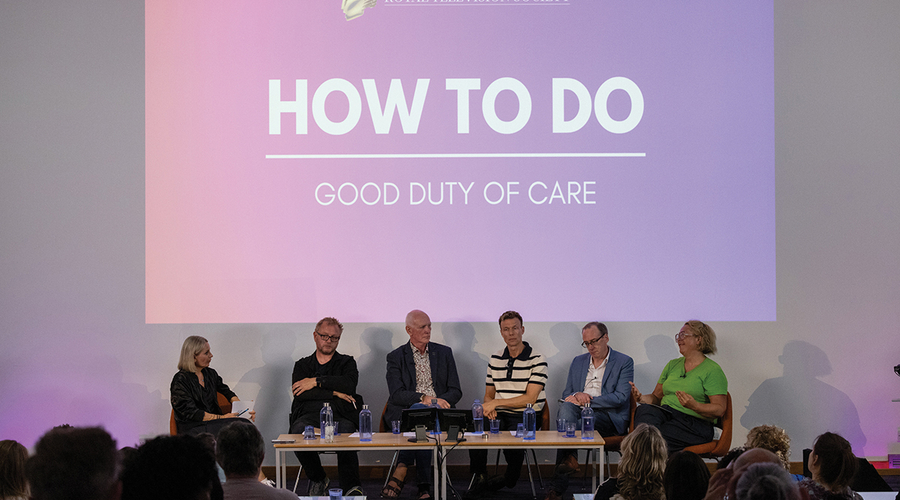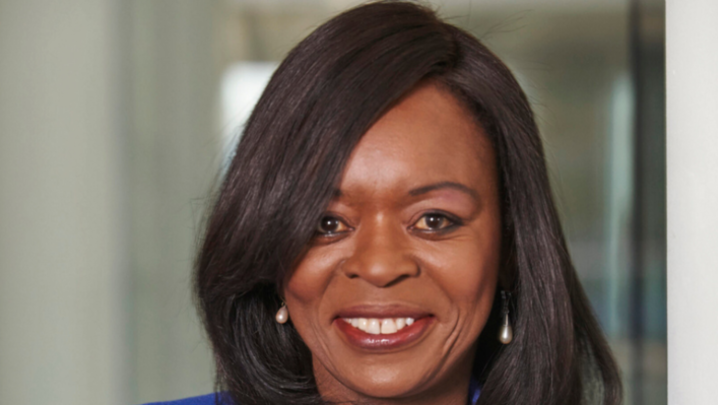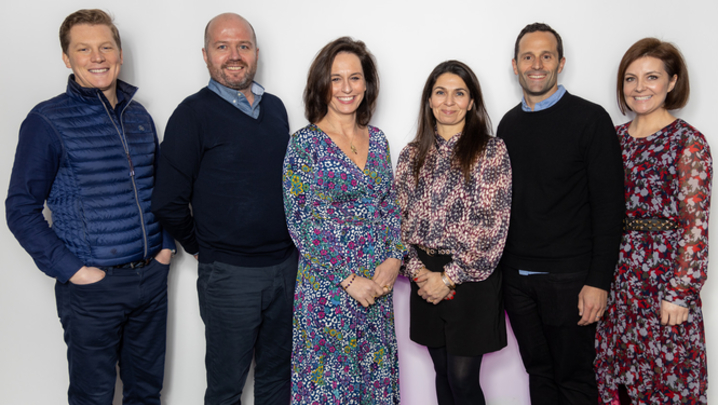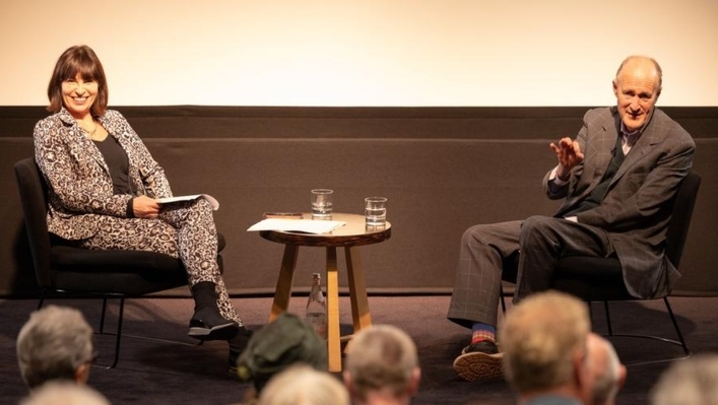Guarding the welfare of programme contributors is growing ever more vital. Our expert panel spelt out the challenges
From true crime to reality TV – and, increasingly, drama based on real-life events – duty of care to programme contributors is now a key topic across the production community. Recent controversies around Strictly Come Dancing have only emphasised further the importance of duty of care procedures.
That’s why the RTS hosted a timely “How to…” session to discuss the lengths producers must now go to in ensuring the best duty of care without compromising content.
On the panel were: Matthew Gordon, Head of Contemporary Factual at Woodcut Media (focusing on history and true crime, with shows including Murdered at First Sight, Fatal Family Feuds); Brian Woods, Executive Producer of The Sixth Commandment and co-founder of True Vision and Candour Productions; Lee McMurray, Commissioning Editor, Reality and Entertainment at Channel 4 (Married at First Sight, Made in Chelsea); Duane Dedman, Broadcast Regulatory Consultant at Reviewed & Cleared; and Mel Walden, freelance Casting and Welfare Executive.
McMurray began by defining what duty of care entails: “It’s about looking after people, treating people as you would expect to be treated. It’s about fairness, transparency and honesty. It’s that simple, but the practice is quite complicated.” Dedman put this, and Ofcom’s new rules, in the context of the past five years, following the death in May 2019 of Steve Dymond, who failed a lie detector test on The Jeremy Kyle Show, and later died of an overdose.
Other tragedies, including the deaths of two former Love Island contestants, and its host Caroline Flack, pushed the DCMS and Ofcom to examine the challenges of protecting contributors. New rules came into effect in 2021.
He highlighted some of those rules: “Contributors must be made aware of what their contribution will be to a show, plus any risks that may arise from that. The broadcaster must attend to the welfare of particularly vulnerable contributors – those with learning difficulties, those who are sick, suffering from bereavement etc – and those not used to being in the public eye.”
Dedman spoke of another new rule: preventing harm and offence to viewers at home, including witnessing bullying in a reality TV show. The new rules do not prohibit such events being shown, but they do require editorial context, such as a space for refutation, giving agency to everyone on screen.
Finally, he spoke of the differing levels of risk to contributors based on the content’s format, highlighting shows where conflict is a major component and emotions run high, such as Married at First Sight and Love Island.
Walden, who has worked for the past 25 years on shows ranging from Project Catwalk to The Intimacy Retreat via The Biggest Loser and Gordon Ramsay’s Future Food Stars, said that measuring and tailoring individual need was crucial. Her experience and long checklist of needs guide her, she said, in referring contributors for “psychological evaluations and clinical support throughout filming”. Post-filming, “I provide a measured aftercare plan, up to and including the time of broadcast.”
The audience watched an emotional clip from Married at First Sight, with one contestant, Bianca Petronzi, clearly upset. McMurray, who commissioned the show for Channel 4, explained that while the broadcaster doesn’t make the show, it remains fully involved in compliance issues. The clip was allowed to be screened, he said, because it adhered to duties of care. These, he agreed, have evolved in recent years: “We’ve had [welfare teams] in place ever since Big Brother, but the world has changed. Twitter didn’t exist then. Trolling [on social media] is something you have to flag and highlight.
He added: “We shouldn’t forget the benefits. For lots of contestants, this affords them opportunity, money, life experience, but we say, ‘Let us talk you through the pitfalls’.”
McMurray described what some call the “talk of doom” – or more plainly the “contributor experience chat” – that takes place ahead of filming. For his contestant Bianca, “It was series 3, and the benefits and risks of taking part were well known.” During filming, “we have an embedded welfare team, and they are independent of editorial. They’ll swoop in and look after Bianca.”
Then, post-shoot, “our duty of care extends to transmission, for those watching at home. And beyond. We understand that taking part isn’t the end of it. We will look after people for as long as they need it.”
Gordon, whose company specialises in true crime, was keenly aware that many contributors had already “experienced life-changing events; they are automatically vulnerable and distressed”. For him, the creative process includes questioning the impact of making the programmes on the subjects: “Is it therapeutic or traumatic? Should this be told, and how? You have to make the decision on a case-by-case basis.”
He has been instrumental in setting up the Association of True Crime Producers to promote best practice. He explained: “We go above and beyond Ofcom guidelines. We now have a common set of ethics. The guidelines mean everyone can hold us to account. They are common sense. There’s nothing groundbreaking, but we’re saying, ‘We will do this’.”
Woods turned his documentary about the murder by Benjamin Field of Peter Farquhar and attempted murder of his neighbour, Ann Moore-Martin, into the RTS award-winning drama The Sixth Commandment, written by Sarah Phelps, and starring Timothy Spall and Anne Reid. He said that liaison with the families involved was crucial for both documentary and drama.
“Legally, you don’t have to ask permission, [but] ethically you must have the family’s support. We could only make this series with the support of Peter and Ann’s families… We went to them and read the scripts to them from beginning to end.”
Woods made the point that for The Sixth Commandment, the trailer has the words “Based on a true story…” but the series opens with the words “This is a true story… with some scenes created for dramatic purposes”.
He said the BBC’s compliance standards helped provide a framework for writer Phelps to create her dialogue. “They wanted Sarah to be able to source all the scenes. We’d been rigorous that everything was factual – we had a source and could back it up.”
Setting your moral compass
Tips for producers on how to create quality TV content while fulfilling their duty of care to contributors:
Mel Walden Ask lots of questions before taking the job – what’s the message, the content, the tone?
Duane Dedman Talk in a timely manner to your media lawyer or compliance person. Write notes so you can follow referrals. Comprehensive audits will prove due care has been taken.
Lee McMurray Make it your first concern – you’ve got to look after people. Don’t be afraid to make big calls even if there’s a cost involved. Don’t think you know it all – you’re always learning.
Brian Woods Be sure of your own moral compass and recruit the right people who share it.
Matt Gordon It comes down to empathy. Ask yourself: if that were me, would I be happy with the programme that was finally made?
Report by Caroline Frost. The RTS National Event ‘How To Do: Good Duty of Care’ was held at the Cavendish Conference Centre, London, on 2 July, chaired by Nikki Bedi. The producers were Sally Quick and Deirdre Dowling.







